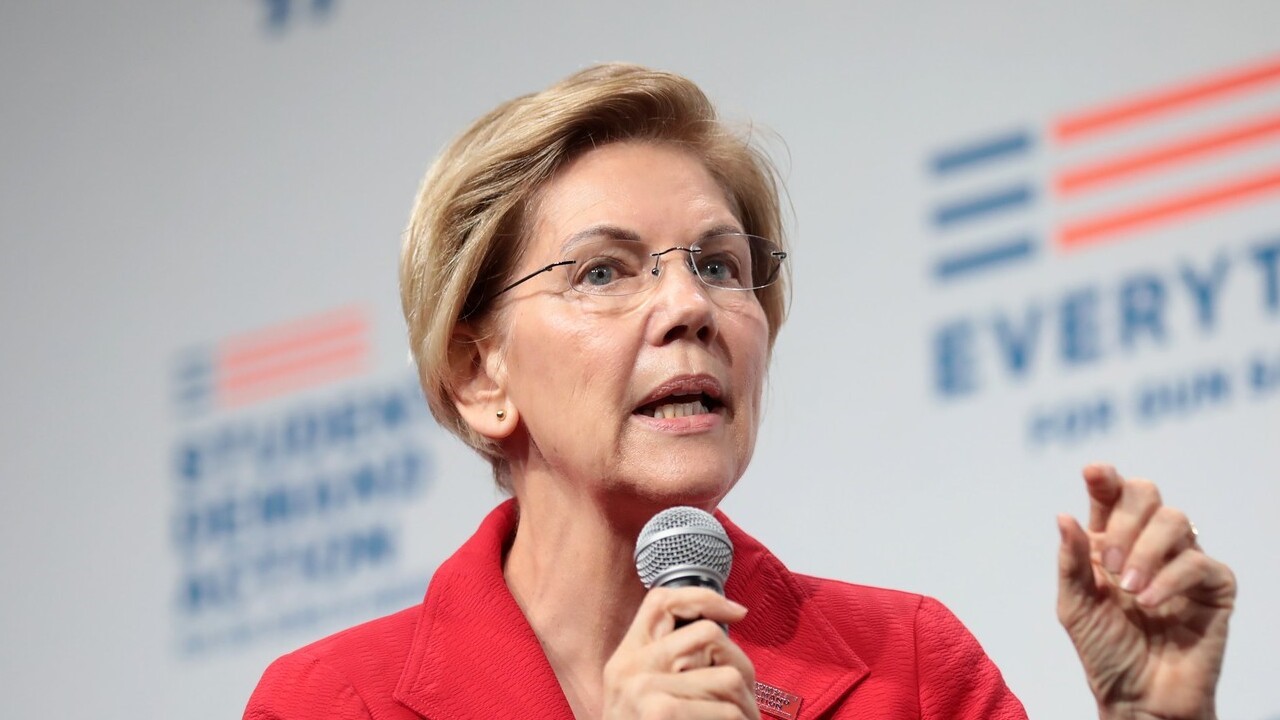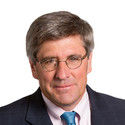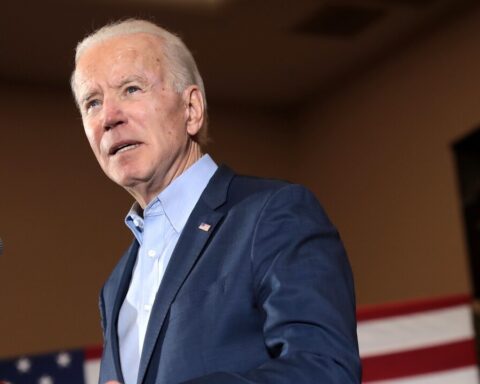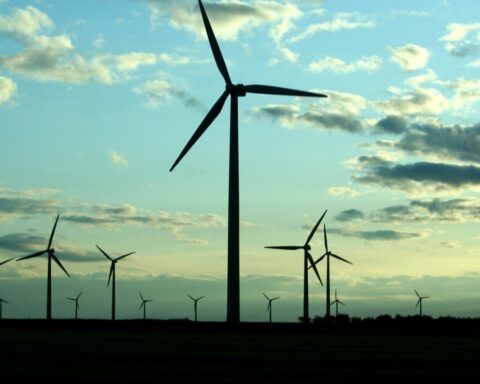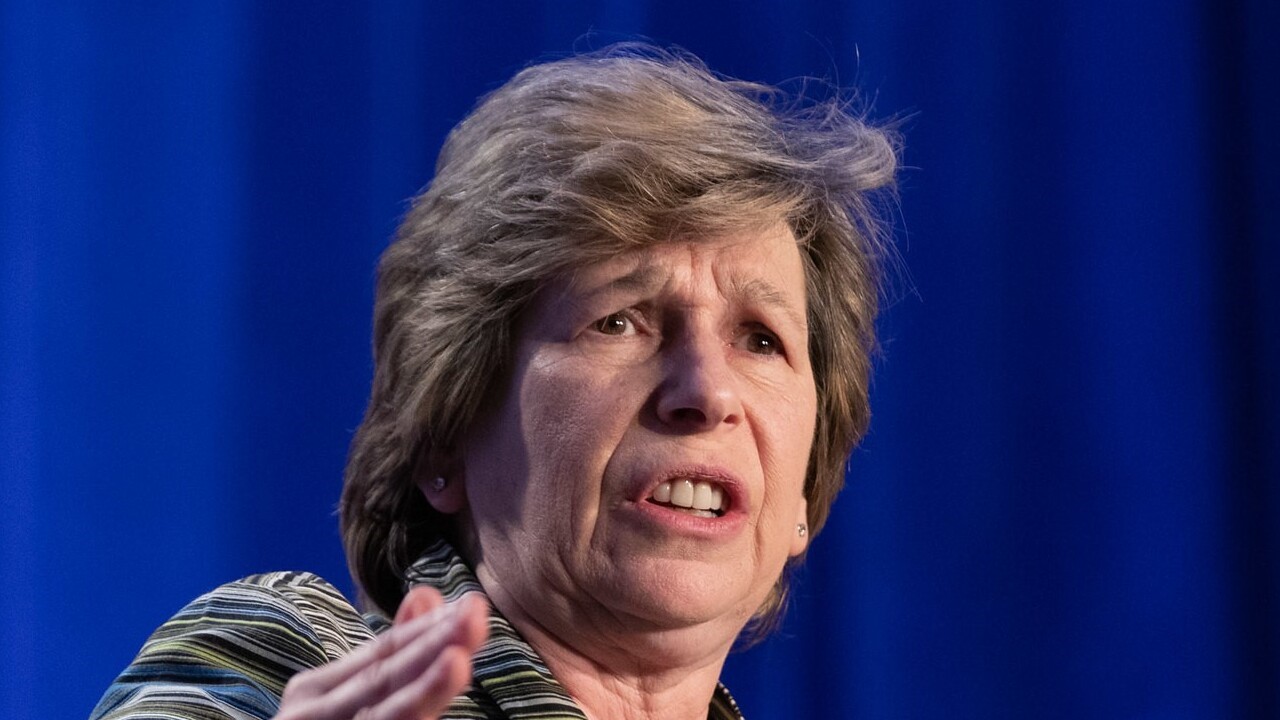Be honest. Does anyone really believe that any of these new schemes that President Joe Biden conjures up every few days to “tax the rich” will cause Bill Gates, Elon Musk or Warren Buffett to pay more taxes?
It’s clear why the superrich are a tempting target to, as Biden puts it, “pay their fair share.” We have billionaires with almost unfathomable riches. Sen. Elizabeth Warren, a Massachusetts Democrat, calls their wealth “obscene.”
Amazon founder Jeff Bezos has attained a wealth that exceeds some countries. Amazon’s stock is now worth close to $1 trillion. He owns perhaps 15% of the stock, which would mean his net worth is somewhere near $150 billion. But as he has correctly pointed out, it also means that he has collectively created some $850 billion of wealth for all of the millions of people who own Amazon stock — which is probably close to one-third of all Americans.
That’s not all. Amazon has added, conservatively speaking, $1 trillion of consumer surplus for all of the tens of millions of people in the United States and around the world who go online and click to buy products on Amazon. A “consumer surplus” is the value of a product that people buy beyond the price they pay for it. If I can buy a can of tennis balls for $3 but I derive $10 of pleasure from playing with those balls, that $7 difference is my net benefit. Multiply that by the billions of purchases people make from Amazon every day.
Or consider Sergey Brin, the co-founder of Google. He is a billionaire many times over, but he provides an intricate search engine that finds for you nearly any information you want in about five seconds. And the miracle here is that he charged you ZERO for it. So maybe there is an elusive free lunch after all.
Progressives like Rep. Alexandria Ocasio-Cortez argue that people like Musk and Facebook’s Mark Zuckerberg became multibillionaires thanks to government programs, such as schools and roads. Maybe. But it is arguably more accurate to say that they could reach their empire of riches because the government didn’t stand in their way. There’s a good reason eight of the 10 most valuable companies in the world were sprouted here in the land of the free, the U.S., and not in China, Japan, Germany or France.
The Democrats argue that raising income, capital gains or wealth taxes on these rich people to as much as 55%, or half their annual earnings, is good for the economy because it will help pay for social programs to help the poor, such as free child care. But if you had to choose someone to invest your money in a way that will reward you with a high payoff, who would you choose? An entrepreneur with a proven golden touch like Musk or a politician like House Speaker Nancy Pelosi?
Higher tax rates on the rich are almost sure to make our society poorer, not richer. The government can’t even run a railroad, stop $75 billion of unemployment fraud or build a health care website.
Then there is the question I asked above: Will the rich really pay more if the top tax rate goes to 55% on millionaires? Doubtful. Billionaires like Buffett and Gates hire squadrons of lawyers, lobbyists and tax accountants who find or invent new loopholes in the tax system to shield them from the IRS tax collectors. This is why over the last 50 years, higher tax rates have generally corresponded with lower tax collections from the rich.
The scheme we should all be on to by now is that higher tax rates on the rich are always unfailingly gateways to taxing everyone else.
The original 1913 income tax was 1% for people with incomes above $3,000 (about $83,000 today) and $4,000 in income for married couples (about $111,000 today). The top rate was 7% on $500,000 or more ($13.8 million). About 3% of the population was taxed. Congress promised the public two things: Tax rates would never go above 10%, and the middle class would never pay the tax. A few short years later, the highest rate was 70%, and almost everyone got socked with this new income tax to be paid by the rich.
The Alternative Minimum Tax in the late 1960s was aimed at a handful of multimillionaires. However, it wasn’t long before this tax gadget was squeezing millions of people.
Biden promises he will never tax anyone making less than $400,000. Really? Then why does he want to audit the transaction of every person with $10,000 or more in their bank accounts?
It turns out that you may not think of yourself as rich. But Washington does.
Stephen Moore is a senior fellow at the Heritage Foundation and an economic consultant with FreedomWorks. He is the co-author of "Trumponomics: Inside the America First Plan to Revive the American Economy." To find out more about Stephen Moore and read features by other Creators Syndicate writers and cartoonists, visit the Creators Syndicate website at www.creators.com.


